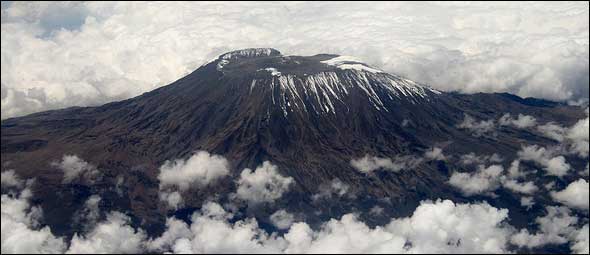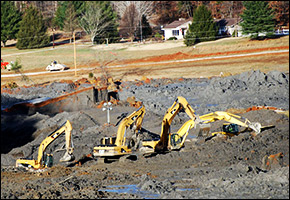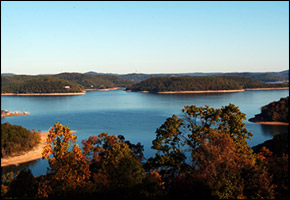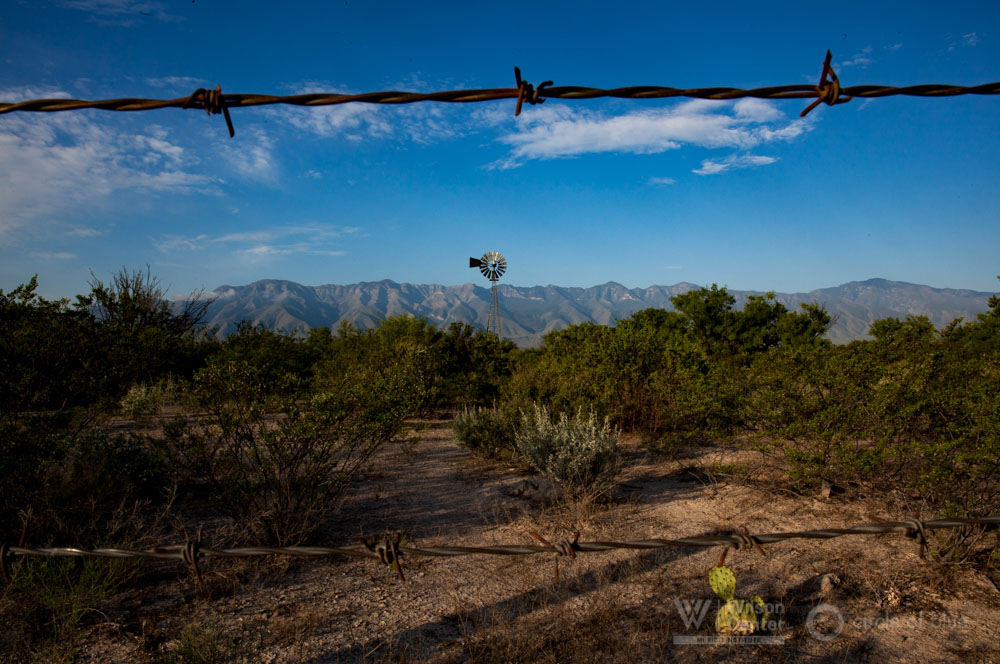President Obama’s 2013 Budget a Mixed Bag for Water, a Boon for Clean Energy
The president throws more clean energy money at the Energy Department, while cuts to the Environmental Protection Agency’s budget come at the expense of water and sewer infrastructure.

By Brett Walton
Circle of Blue
Less than three weeks ago, in his State of the Union address, U.S. President Barack Obama touted an “all-of-the-above” strategy for developing America’s energy resources.
In his fiscal year 2013 budget request — released yesterday — the president leaned toward the clean-energy goals he has promoted while in office and along his initial campaign trail. The new plan includes substantial increases for renewable energy programs, while cutting fossil fuel subsidies and slashing allocations to a fossil fuels research program by a quarter.
The cuts are due, in part, to a general reduction in government subsidies in several areas, including agriculture. But they also reflect the nation’s new energy economics, in which cheap and bountiful natural gas supplies from the shale boom coupled with stricter environmental regulations make coal a less enticing fuel source.
On the whole, the president hopes to reduce the deficit by $US 4 trillion over the next decade by trimming military spending, by finding savings in federal healthcare programs, by letting tax cuts from the George W. Bush administration expire, and by increasing taxes on people making more than $US 1 million per year.
Under the president’s proposal, the U.S. Department of Energy’s budget would increase by more than 3 percent — one of the most significant gains for any department. The Office of Energy Efficiency and Renewable Energy would see its funding increase by a third to $US 2.3 billion. And ARPA-E, a research cauldron for innovative energy projects, would be funded at $US 325 million — down roughly 10 percent.
At the same time, the president would reform the tax code to cut loopholes that benefit oil and gas companies. The estimated savings come to $US 41 billion over the next decade.
President Obama is also pushing ahead with his program to expand renewable energy development on federal lands — a course of action that, in some regions of the country, has come up against strong local opposition.
The budget request sets a goal of 11,000 megawatts of new wind, solar, and geothermal energy sources on federal lands by the end of 2013. The Department of the Interior, which manages the affected lands, would get $US 86 million to guide the environmental reviews and the permitting process.
Water programs, on the other hand, were not as fortunate.
The budget for the Environmental Protection Agency — the headline agency for water — would fall by 1.2 percent, mostly through cuts to a loan program for water and sewer infrastructure and to Superfund allocations.
In a conference call with reporters, EPA Administrator Lisa Jackson said that the agency was “looking for the best return on investment” when deciding which programs would see cuts.
Ultimately, the final budget for fiscal year 2013, which begins October 1, will likely bear pale resemblance to the president’s request, since Congress has yet to weigh in. As was evident in the budget battles last year, the legislative branch, especially the Republican-led House, will be hard-pressed to agree to any plan from the president.
Here are department-by-department details on water and energy funding, with the change in the department’s total budget noted:
Brett writes about agriculture, energy, infrastructure, and the politics and economics of water in the United States. He also writes the Federal Water Tap, Circle of Blue’s weekly digest of U.S. government water news. He is the winner of two Society of Environmental Journalists reporting awards, one of the top honors in American environmental journalism: first place for explanatory reporting for a series on septic system pollution in the United States(2016) and third place for beat reporting in a small market (2014). He received the Sierra Club’s Distinguished Service Award in 2018. Brett lives in Seattle, where he hikes the mountains and bakes pies. Contact Brett Walton









Leave a Reply
Want to join the discussion?Feel free to contribute!